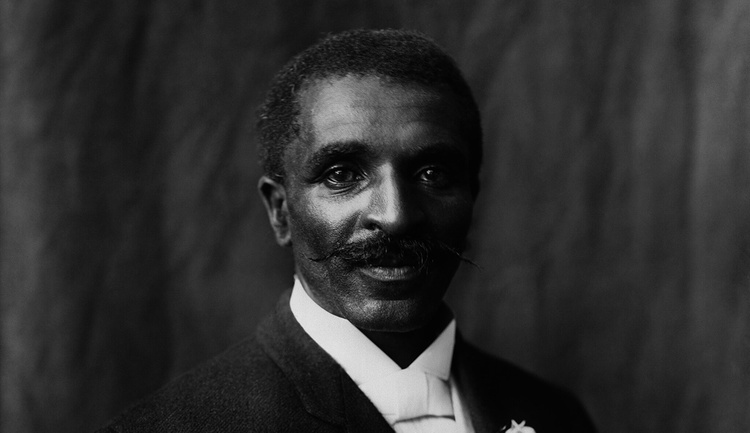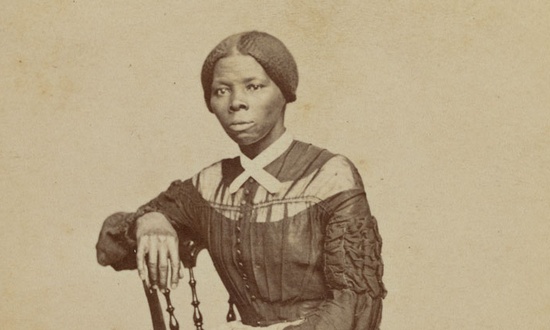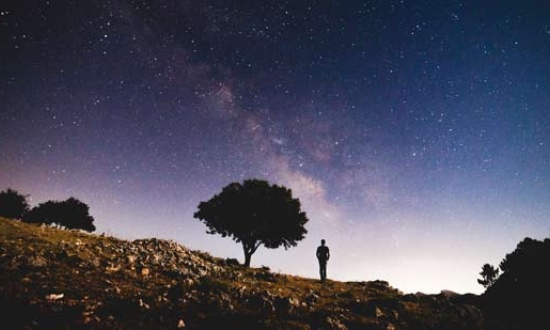George Washington Carver (1864–1943) was born into slavery on a Missouri plantation. He was a frail and sickly baby whose father had recently died. While still an infant, George and his mother were kidnapped. He was later returned to the plantation and traded for a horse, while his mother was never heard from again.
Carver was ten when he went to Kansas and put himself through high school. In 1891, he entered the college that’s now called Iowa State University. He graduated in 1894 with a bachelor’s degree and two years later with a master’s, becoming the first black student and professor at the university.
Carver became an internationally known botanist, educator, and agricultural researcher, famous for his innovative development of crops, including peanuts, soybeans, and sweet potatoes. He was also an accomplished musician and artist.
He wrote in a 1930 letter about seeing God’s hand in creation:
“The singing birds, the buzzing bees, the opening flower, and the budding trees all have their marvelous creation story to tell each searcher for truth . . . from the frail little mushroom, which seems to spring up in a night and perish ere the morning sun sinks to rest in the western horizon, to the giant redwoods of the Pacific slope that have stood the storms for centuries . . . Nature in its varied forms are the little windows through which God permits me to commune with Him, and to see much of His glory, majesty, and power by simply lifting the curtain and looking in . . . I love to think of nature as unlimited broadcasting stations, through which God speaks to us every day, every hour and every moment of our lives, if we will only tune in and remain so . . . I am more and more convinced, as I search for truth, that no ardent student of nature can ‘Behold the lilies of the field,’ or ‘Look unto the hills,’ or study even the microscopic wonders of a stagnant pool of water, and honestly declare himself to be an infidel.”
Carver wrote to a friend who was facing racism, “Keep your hand in that of the Master, walk daily by His side, so that you may lead others into the realms of true happiness, where a religion of hate (which poisons both body and soul) will be unknown” (George Washington Carver: In His Own Words).
At the Tuskegee Institute, Carver’s tombstone reads: “A Life that stood out as a gospel of Self-Forgetful Service. He could have added Fortune to Fame, but caring for neither, he found happiness and honour in being helpful to the world.”
He wrote, “When I was young, I said to God, ‘God, tell me the mystery of the universe.’ But God answered, ‘That knowledge is reserved for me alone.’ So I said, ‘God, tell me the mystery of the peanut.’ Then God said, ‘Well George, that’s more nearly your size.’ And he told me.”
George Washington Carver is remembered for his life of brilliant, humble service. That inscription connects his happiness with his “Self-Forgetful Service” (I like that the phrase is capitalized, suggesting it has substance and importance).
Here are some more resources about his life:
George Washington Carver’s Inspirational Faith
George Washington Carver: Journey from Slave to Scientist by God’s Grace
And here’s a 51-minute documentary made about Carver, showing photographs and footage from his life.
Photo: Wikimedia Commons




